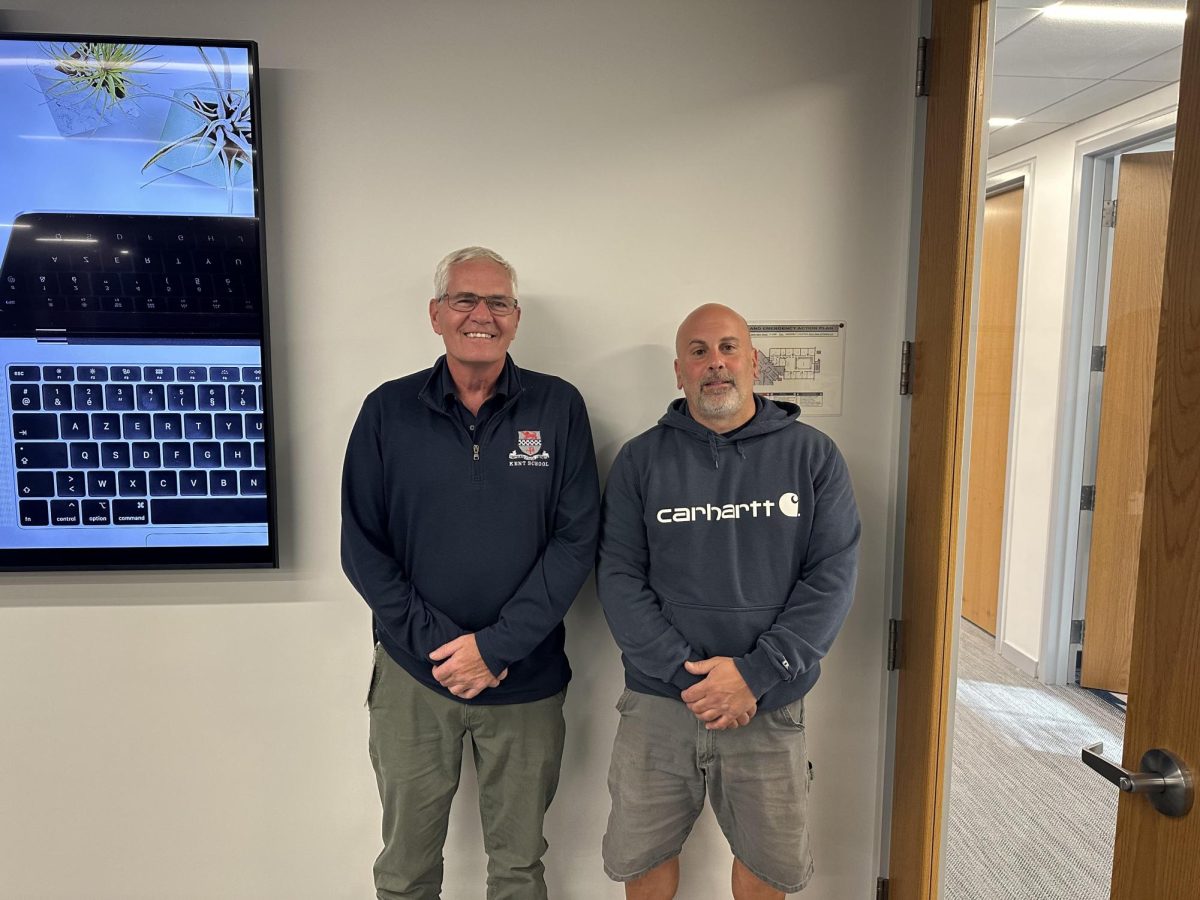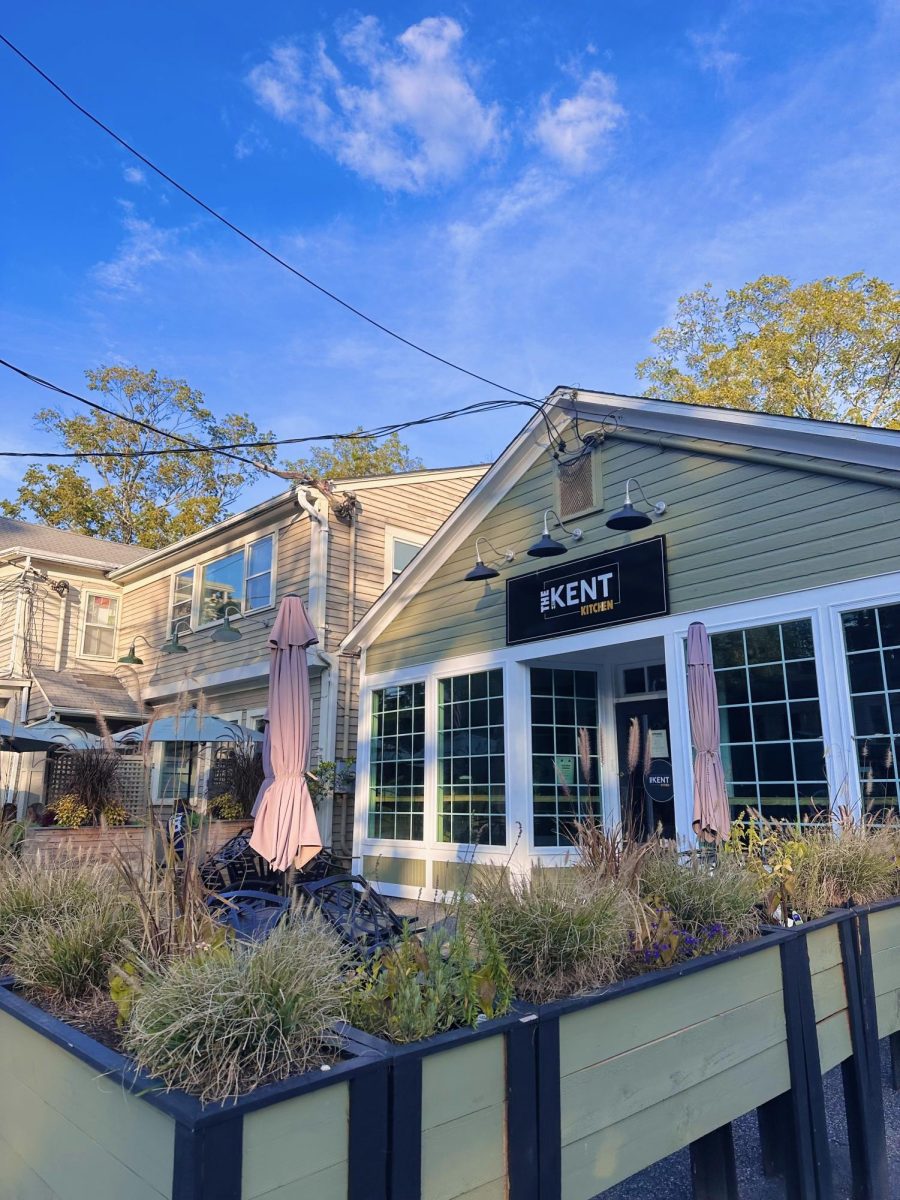As globalisation deepens the interdependence of cultural, political, and economic systems, nationally bound education systems are becoming increasingly obsolete. The process of globalization signifies the erosion of traditional boundaries in which the exchange of information transcends national borders. This accelerated interconnectivity demands that educational systems evolve to equip students with the ability to engage within an increasingly borderless world as global literacy–the theoretical comprehension of global systems alongside practical ability to operate within them–shifts from a peripheral skill to a necessity.
Although Kent aims to cultivate globally aware students through a diverse and international student body alongside a comprehensive curriculum, the potential for immersive international experiences through the integration of study abroad remains an underutilized resource. Integrating study abroad more thoroughly into Kent’s educational framework immerses students within environments in which they must navigate international sociopolitical structures and cultural norms, facilitating an experimental form of learning confronting the complexities of globalization directly.
However, the implementation of an integrated study abroad programme faces significant challenges. A primary challenge lies in the diverse entry points and timings of student admission within the Kent community, as articulated by Dr. MacNeil, Academic Dean: “We have students joining us as 9th graders, some students joining us as 10th graders, and so on.” This variance and staggered enrollment process poses significant logistical challenges when accounting for increasingly thorough study abroad opportunities as it creates a fragmented educational experience where not all students engage with the curriculum or community simultaneously. The implications of this staggered integration and subsequent study abroad are profound as students may miss critical interactions and formative events that solidify a students position within the Kent community. This challenge is compounded by the need for students to reintegrate into school culture upon their return: “Kids who participate in these programs have meaningful experiences, but it is also the case that it becomes difficult for these students to reintegrate into their school cultures,” states Dr. MacNeil. “That is one question, how integrated a student’s experience is in their home school if they spend a large chunk of time somewhere else…You want people to be engaged and present within the community as much as possible.” Dr. MacNeil highlights a paradox inherent within study abroad programs as they are designed to provide students with essential cultural exposure yet potentially risk alienating those who participate. The transient nature of international study can fracture the continuous narrative of student experience, leaving returning students at a disadvantage when attempting to reintegrate within school culture.
Moreover, Dr. MacNeil introduces a critical observation regarding the “disanalogies” between what “study abroad looks like in college versus what study abroad looks like in high school.” Within higher education, students often process a greater degree of autonomy and agency, allowing these students to navigate international programs with increasing flexibility while being equipped with a clearer academic direction. At the collegiate level, study abroad programs are often integrated within the instruction’s broader educational framework, routinely promoting the opportunity and positioning these experiences as essential components of a well rounded higher education. In contrast, high school students are characterized by an increasingly rigid educational structure and often, a less developed sense of self-direction. Additionally, study abroad programs within high schools are often less formalized and perceived as peripheral to the core educational program. The lack of a formalized structure around international experiences leads to the program’s fragmented implementation as participation is necessitated on individual initiative rather than institutional encouragement. Dr. MacNeils comparison between the integration of study abroad within college environments versus high school communities underscores the challenges faced by adolescents in high schools such as Kent wherein their social and academic environments are linked to their daily experiences.
In addition to the developmental and institutional challenges associated with the integration of study abroad within the curriculum, financial implications present a significant barrier influencing the feasibility of such programs. According to Dr. MacNeil, logistical considerations must be addressed comprehensively as financial constraints often serve as a determinant of whether students can participate in international study abroad initiatives. The economic burden of study abroad can be prohibitive as high school study abroad opportunities are not equally accessible to all students.
However, despite logistical challenges, Kent is seeking avenues to reintegrate international education opportunities within the community and educational curriculum. Dr. MacNeil further articulates this initiative: “We are just beginning, here at Kent, to get involved with a program centered in Italy,” referring specifically to the Spoleto Study Abroad program. Kent’s involvement in the Spoleto Study Abroad Program reflects a step in enhancing global education experiences for students as members of Kent’s chamber choir plan to participate in the Spoleto program, traveling to Central Italy during spring break. As Dr. MacNeil highlights, students will not only perform but “explore what Central Italy uniquely has to offer the world.” Moreover, the initiative’s potential aligns alongside the aspiration to extend participation beyond the chamber choir and increasingly integrate study abroad within the curriculum. “It’s a wonderful first step,” posits Dr. MacNeil, “the next step would be to broaden the base of kids participating in the programs and then to build that into our own curriculum.” Initially focusing on members of the choir, the initial Spoleto Study Abroad initiative capitalizes on existing student interest alongside institutional resources in order to provide a structured entry position for international engagement. This approach serves as a foundational model to be replicated and expanded to include increasing student populations across various disciplines.
The value of study abroad and its integration within Kent’s curriculum facilitates experiential learning in order to contextualize academic themes. Dr. MacNeil emphasizes this process, “you could take a course grounded here in Kent…Architecture or European history, and then actually go there…you might have looked at 140 slides of the Colosseum, but when you are there it’s much different. The impact and value it has is stunning.” Direct engagement with global structures, symbols, and cultures allows students to internalize the extensive narratives shaping historical events and international relations, shifting from a passive consumption of information to active engagement. This approach effectively unites the discontinuity between theory and practice as students partaking in international programs situate their academic knowledge within the realities of the cultural and historical landscapes they have studied.
As globalization and the interconnectedness of international systems deepen, Kent’s increasing efforts to incorporate study abroad initiatives within the curriculum reflect the necessity for educational institutions to efficiently evolve in response to the realities of global interdependence. The relationship with Spoleto Study Abroad represents an initial action in aligning the school’s curriculum with the imperatives of global interaction. However, as articulated by Dr. MacNeil, the implementation of these programs reveals complexities at the secondary level. Logistical and developmental challenges must be navigated in order to ensure the effectiveness of these opportunities, ultimately equipping students with the adaptability and global literacy necessary within an interconnected world.







